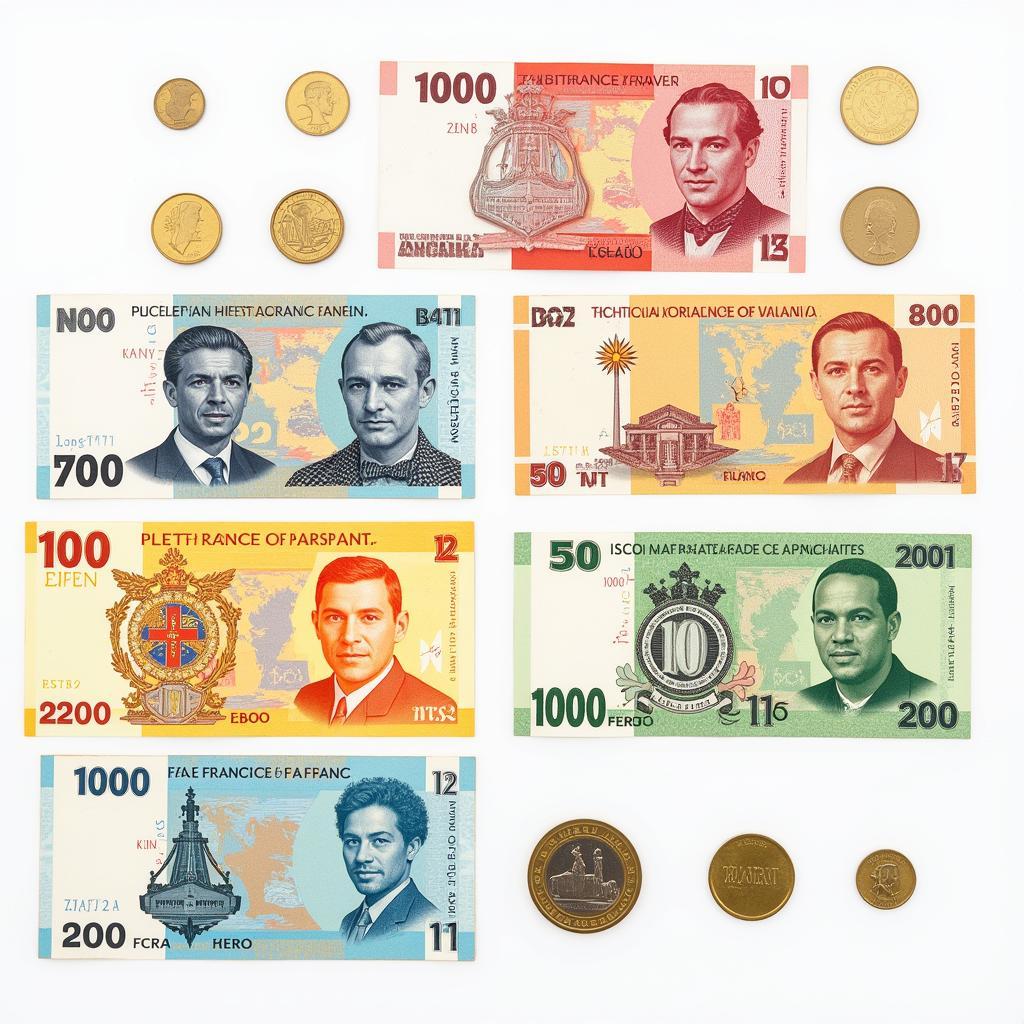African Countries with Political Instability
Political instability plagues several African countries, hindering development and impacting the lives of millions. This article delves into the complex factors contributing to this instability, explores its far-reaching consequences, and highlights some of the most affected nations. We will also examine the impact of political instability on the economic and social landscape of these nations.
Understanding the Roots of Instability
Several interconnected factors contribute to political instability in African countries. Historical legacies, such as colonialism and arbitrary border drawing, often left deep-seated ethnic and regional tensions. These unresolved issues can easily flare up into conflicts, particularly in countries with weak governance structures. Economic inequalities and a lack of resources further exacerbate these tensions, leading to competition for power and control. Corruption is also a significant driver of instability, as it erodes public trust and weakens state institutions. When citizens feel marginalized or excluded from the political process, it can create fertile ground for unrest and violence.
The Role of Governance and Institutions
Weak governance and fragile institutions play a crucial role in perpetuating political instability. A lack of transparency and accountability can undermine the legitimacy of the government, leading to public discontent and protests. Furthermore, ineffective judicial systems and security forces can create a climate of impunity, where those responsible for violence are rarely held accountable. This can fuel cycles of violence and instability. The absence of strong institutions to mediate disputes and ensure fair elections can also contribute to political instability.
Examples of African Countries with Political Instability
Several African countries have unfortunately experienced prolonged periods of political instability. Somalia, for instance, has been grappling with civil war and political fragmentation for decades. The Democratic Republic of Congo, rich in natural resources, has also been plagued by conflict and instability, fueled by competition for control of these resources. african country with largest oil reserves South Sudan, the world’s youngest nation, has experienced significant political turmoil since its independence, with ongoing conflict and humanitarian crises. These are just a few examples of the many African nations grappling with the challenges of political instability. black african baby These situations often have devastating consequences for the populations involved, leading to displacement, poverty, and loss of life.
What are the long-term consequences of political instability?
Political instability can have profound and long-lasting consequences. It can cripple economic development, discourage foreign investment, and exacerbate poverty. Furthermore, it can undermine social cohesion, leading to increased crime and violence. african commodities dmcc directors Political instability can also have regional implications, leading to refugee flows and cross-border conflicts. It’s a complex and multifaceted issue that requires a comprehensive and nuanced approach to address.
“Political instability is not merely a political issue; it’s a human tragedy,” says Dr. Adebayo Ogunlesi, a renowned political analyst specializing in African affairs. “It robs people of their livelihoods, their security, and their future.”
Addressing the Challenges of Political Instability
Addressing the complex challenges of political instability requires a multifaceted approach. Strengthening governance structures, promoting good governance, and tackling corruption are essential first steps. Investing in education, healthcare, and economic development can help to address the root causes of instability. african countries names nizere Fostering inclusive political processes and ensuring that all voices are heard can also contribute to greater stability.
What can the international community do?
The international community plays a crucial role in supporting African countries in their efforts to build peace and stability. Providing financial and technical assistance, promoting conflict resolution mechanisms, and supporting peacekeeping operations are all important contributions. However, it’s essential that these interventions are tailored to the specific context of each country and are implemented in partnership with local actors. african reserve bank A one-size-fits-all approach is unlikely to be effective.
“Sustainable peace and stability in Africa require a long-term commitment from both African governments and the international community,” observes Dr. Fatima Haruna, a leading expert on conflict resolution in Africa. “It’s not just about putting out fires; it’s about building resilient societies.”
Conclusion
Political instability remains a significant challenge for many African countries. Addressing this issue requires a comprehensive and sustained effort from both African governments and the international community. By working together, we can help create a more stable and prosperous future for all Africans. By understanding the complexities of political instability in African countries, we can better equip ourselves to support effective solutions.
FAQ:
- What are the main causes of political instability in Africa?
- Which African countries are most affected by political instability?
- What are the consequences of political instability?
- How can political instability be addressed?
- What is the role of the international community?
- What are some examples of successful peacebuilding initiatives in Africa?
- How can we promote sustainable peace and development in Africa?
Need support? Contact us 24/7: Phone: +255768904061, Email: [email protected] Or visit us at: Mbarali DC Mawindi, Kangaga, Tanzania.

